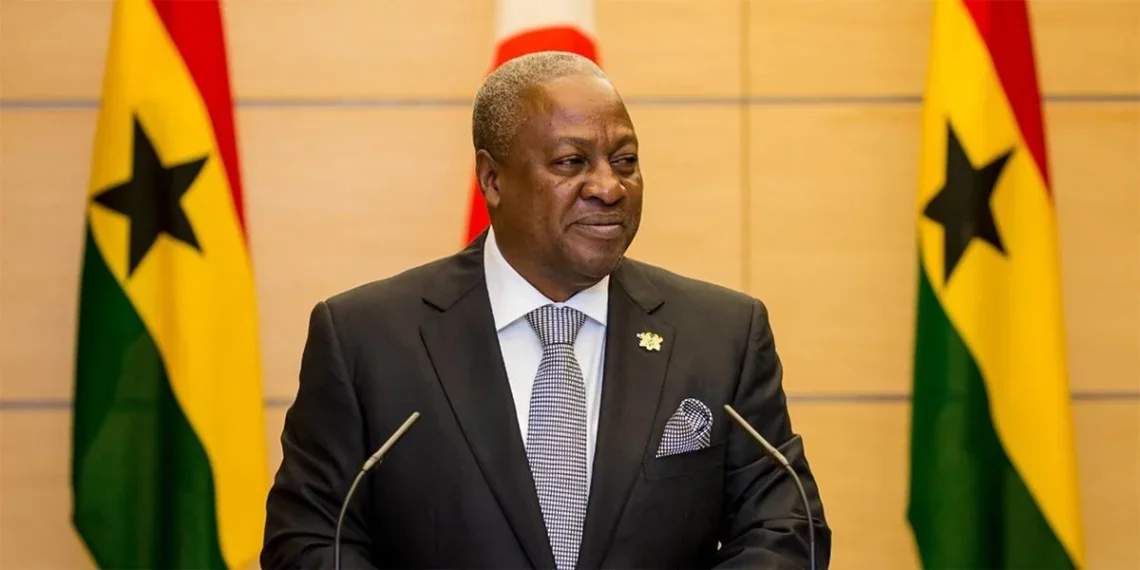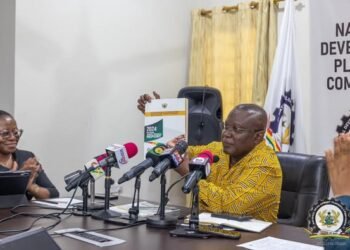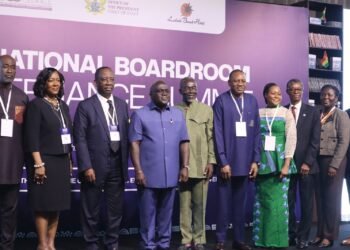The appointment of ministers and key government officials has always been a subject of intense public scrutiny in Ghana’s political landscape.
As President John Dramani Mahama announced his ministerial appointments, the debate has shifted towards whether these choices reflect competence, loyalty, political expediency, or a commitment to fairness and inclusivity.
Dr. Angela Dwamena-Aboagye, a lawyer and gender advocate, has weighed in on this discourse, offering a detailed analysis of the appointments so far.
According to Dr. Dwamena-Aboagye, the appointments appear to be a carefully thought-out mix of competence, political loyalty, and strategic representation. She acknowledged that some names were expected, while others came as a surprise.
She particularly cited the appointment of Okudzeto Ablakwa as Foreign Minister as an example of a predictable but solid choice, given his role as a ranking member in Parliament. She said;
“I’m not too surprised about Okudzeto Ablakwa for Foreign Ministry. You know, with the kind of role he’s played in Parliament… with my friend, Sam George. I’m not surprised about that.”
Dr. Angela Dwamena-Aboagye, Gender Advocate
However, she expressed reservations about how the Appointments Committee handled certain cases, notably the appointment of the Greater Accra Regional Minister.
Dr. Dwamena-Aboagye strongly critiqued how the vetting of the Greater Accra Regional Minister was handled, describing the process as dismissive and undermining the significance of the role. She emphasized the importance of hearing the minister’s plans for sanitation and urban development, especially given Accra’s flooding and waste management challenges. She asserted;
“And we wanted to hear more about her plans. For example, of sanitation, as a woman, [what] will be a first thing that [she’ll] consider. One of the first things, sanitation issues. Issues around the GARID projects that we don’t know where it’s going. She comes and you don’t ask her… I mean, that was a blow for some of us, and I felt that it’s just doing this for women kind of thing [and] that doesn’t help the cause.”
Dr. Angela Dwamena-Aboagye, Gender Advocate
A Notable Presence of Younger Leaders
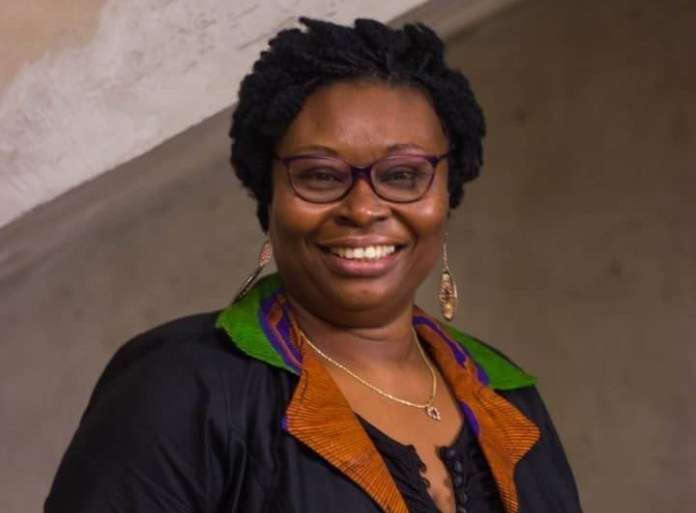
One aspect of the appointments that Dr. Dwamena-Aboagye found encouraging is inclusion. She emphasized;
“There seems to be a lot more younger people. They are not youth as in what the national youth policy says is the age range for youth. But they are youthful. Whether you take the regional ministers or the actual ministers. That’s impressive because there’s a certain attempt to bring in younger voices into the conversations around politics.”
Dr. Angela Dwamena-Aboagye, Gender Advocate
She acknowledged the difficult task President Mahama faces in ensuring fair regional and ethnic representation while managing internal party expectations. Dr. Dwamena-Aboagye also noted that party tensions have already emerged due to some individuals being left out of key appointments.
However, she stressed that the President must demonstrate courage and integrity in his choices, moving away from past criticisms of incompetence.
The Need for Policy Cohesion
Beyond individual appointments, Dr. Dwamena-Aboagye underscored the importance of teamwork. She said;
“You need people who know they can work in a team and are humble enough to listen to each other and support each other because every ministry is related to the other ministry. In Ghana, we have had situations where lack of coordination, lack of policy cohesion has really cost us more than even workers who are working and working well.”
Dr. Angela Dwamena-Aboagye, Gender Advocate
She urged President Mahama to focus on assembling a team that can foster unity in policy implementation to prevent waste and duplication of efforts.
Moreover, while acknowledging the presence of women in the appointments, Dr. Dwamena-Aboagye argued;
“There are still many more appointments to go, and we may want to find out, whether the NDC is really going to get to the 30% and even go beyond it.”
Dr. Angela Dwamena-Aboagye, Gender Advocate
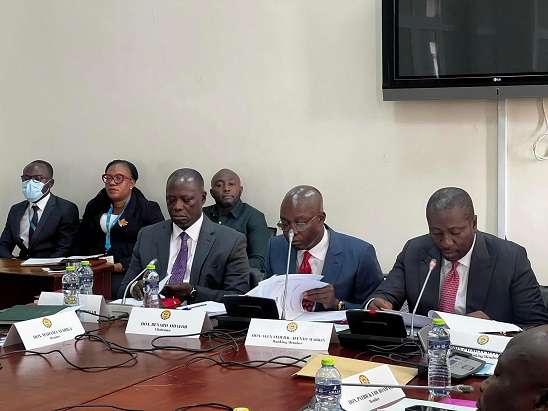
She critiqued the longstanding issue of tokenism in Ghanaian politics, where women are appointed merely for symbolic representation rather than for their actual contributions.
Dr. Dwamena-Aboagye further commended President Mahama for including individuals from different political backgrounds, including members of the CPP and independent professionals, in various government roles. She also eulogized the inclusion of civil society actors, stating that it signals a departure from the “winner takes all” approach that has characterized Ghanaian politics for decades.
Dr. Angela Dwamena-Aboagye’s analysis of President Mahama’s ministerial appointments so far suggests a deliberate attempt at inclusivity, competence, and generational balance.
However, she raised concerns about gender representation, political favoritism, and the need for policy cohesion. While some appointments have been praised, she insisted that it is still early days, and more remains to be seen. Ultimately, she believes that governance should go beyond mere optics to ensure real participation, fairness, and effective leadership.
READ ALSO; Legendary Singer Okomfour Kwadee Missing


